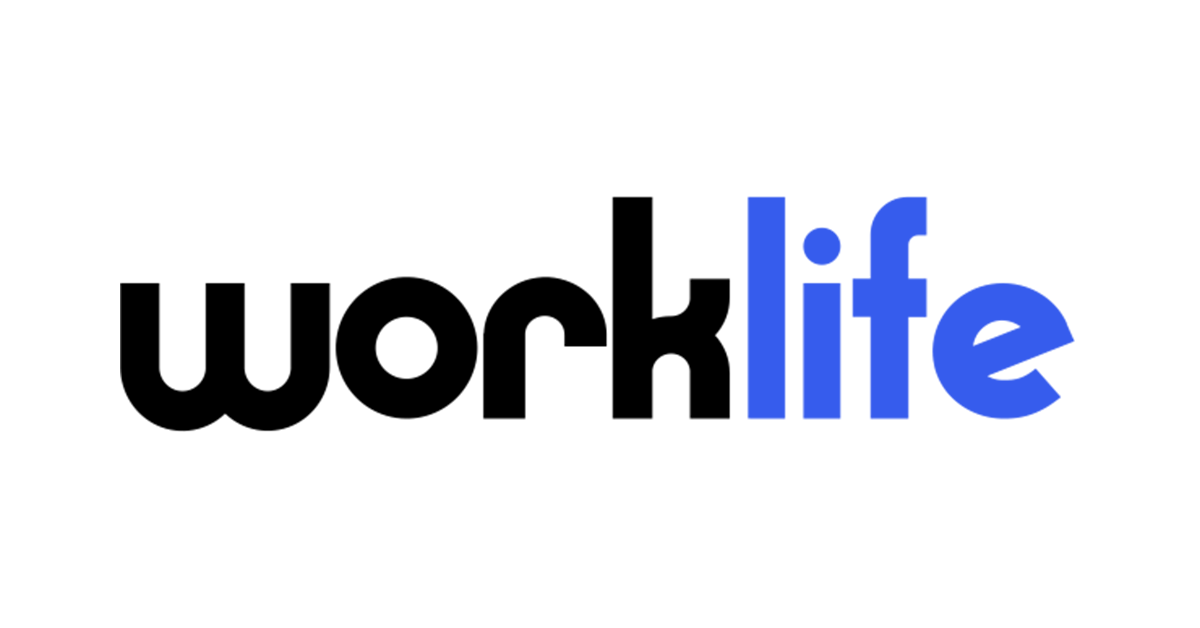Stress Management 101: How to Keep Your HR or Employee Relations Role from Draining You

I spent three years running layoffs for a Fortune 100 company. There’s simply no easy way to do this job. No matter how fair you are, how closely you follow best practices, and how great the severance package is, it’s emotionally tricky to help terminate people.
Hiring, while often seen as the cheerier side of this equation, can be just as emotionally draining. Yes, you can get a high from getting the right person on board, but you still have to tell numerous other candidates that they didn’t get the job (which I suspect is one of the reasons so many recruiters ghost candidates–it’s emotionally challenging to tell person after person “thanks, but no thanks”). With tasks like these, HR stress management can be a heavy burden for professionals.
Employee relations? Welcome to sob-story city. The challenges faced by HR professionals are nearly endless. There are internal problems like bullying, sexual harassment, and unfair assignments, as well as external matters, such as health, financial, and marital issues. Technically, the latter two aren’t under the purview of HR, but they land in our offices anyway. (Health issues are our business as far as FMLA and ADA compliance is applicable.)
What can we do to keep ourselves from being completely emotionally drained and suffering from HR burnout? Here are a few ideas.
Stop being available 24/7
You have your phone, you have your laptop, and with those two things, you have zero downtime. Everyone from new hires to the CEO wants to reach out to you and get immediate answers. The problem is, that means you never get a break. Our brains need a break from work if we want to be effective.
In the name of providing excellent customer service, we’ve trained our people that we will get back to them as soon as possible and that always means within a few minutes. Here’s the thing: True HR emergencies are rare. It’s time to start training people that you won’t be available all the time and taking HR stress levels seriously. You can answer that open enrollment question on Monday. The headcount report won’t even be looked at until tomorrow afternoon so no need to do it at 10:00 that night.
You will get pushback from this type of change, but it is possible to step away and make people wait until business hours for most responses.
If your business is one that does have HR emergencies on a regular basis (for instance, a manufacturing environment where there isn’t an HR employee on the overnight shift), set up a call system so that each HR person takes a turn being the point person, and everyone else is guaranteed a good night’s sleep.
Get your own therapist
HR people are not therapists, but we tend to do a lot of working through problems and handling difficult situations. It’s okay to admit that we need some help processing things. Having your own therapist can help you work through these things and keep yourself balanced, even if everyone you support seems unhinged. Think of it as putting on your own oxygen mask before you help others.
Besides, this is a great way to support mental health in your office. The more people who are open about needing help, the more people will seek help when they need it.
Share the workload
There’s a lot of emotional work in HR and especially in employee relations, and it can be difficult to shoulder it alone. If you can easily share the work and bounce ideas off your coworkers, it can relieve much of the pressure. Unlike merely looking at someone else’s spreadsheet, it can be a lot of work to get up-to-speed on a complicated issue, such as coaching someone through a performance improvement plan.
The right software can help you share your workload with your coworkers and get the support you need. You don’t have to reinvent the wheel each time a problem comes up because you can share information and ideas.
Additionally, having at least two people updated on every complicated case can provide an effective double-check. This can be critical if you want to stay out of court or prevent an employee from complaining loudly on social media. Two heads are better than one. When you get emotionally involved (which is easy to do), your judgment can be compromised. Get a second set of eyes.
It’s okay to cry
No, you don’t want to be a sobbing mess all the time, but sometimes you need to cry. And that’s okay. It doesn’t mean you’re a bad person. It means you’re human. And the most critical thing in a Human Resources department is to have humans making the decisions, doing the coaching, and conducting the hiring and firing. It’s what we’re all about. Take care of yourself, manage your stress, and devote time to preventing the common epidemic known as HR burnout.
Need a helping hand from technology? See HR Acuity in action. Schedule a demo today.




